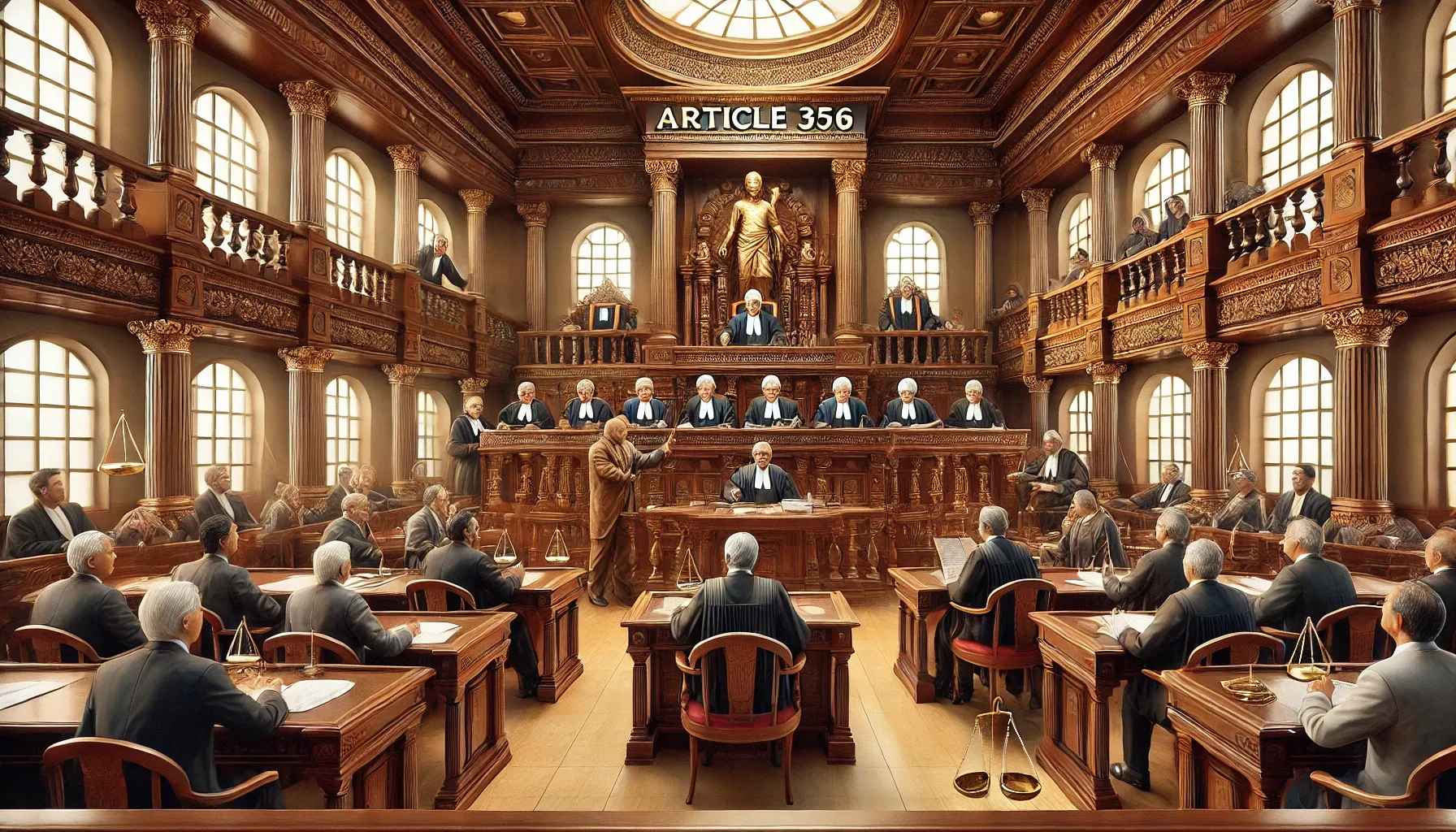Senior Advocate Siddharth Luthra called for swift judicial intervention to prevent the recurring misuse of Article 356, advocating for clearer definitions and enhanced oversight to protect state autonomy.

During an event marking the 75th anniversary of the adoption of the Constitution of India, Senior Advocate Siddharth Luthra addressed the pervasive misuse of Article 356, which grants the President the authority to impose President's Rule in states. Luthra emphasized the urgent need for judicial activism to address the annual instances of abuse, highlighting the necessity for clearer legislative definitions and stricter oversight mechanisms to uphold the principles of federalism and constitutional integrity.
Key Points from Luthra's Address
- Persistent Misuse of Article 356:
- Luthra highlighted that over the past 75 years, Article 356 has been invoked approximately twice each year, indicating a troubling pattern of misuse.
- He advocated for expedited judicial processes to strike down illegitimate impositions of President's Rule, thereby sending a clear message against executive overreach.
- Ambiguity in Constitutional Terms:
- The phrase "failure of constitutional machinery," as outlined in Article 356, is overly broad, allowing for subjective interpretations that facilitate misuse.
- Luthra called for a more precise definition to limit the scope of President's Rule and prevent arbitrary use.
- Governors as Central Government Agents:
- Governors often act under the influence of the Central government, leading to the strategic use of Article 356 to destabilize state governments.
- Luthra advocated for the direct election of Governors, a proposal that remains unimplemented, to ensure their neutrality and reduce central interference.
- Judicial Review and Its Limitations:
- While courts have the authority to review the imposition of President's Rule, Luthra noted that the current scope of judicial scrutiny is insufficient.
- He urged courts to conduct a thorough examination of the rationale behind the declaration of President's Rule, rather than a cursory assessment of existing conditions.
- Proportionality in Emergency Powers:
- The principle of proportionality should guide the application of emergency powers under Article 356, ensuring that such measures are justified and not excessive.
- Luthra highlighted that the judiciary needs to further develop this criterion to enhance accountability.
Challenges Highlighted by Luthra
- Judicial Delays:
- Delays in judicial proceedings often render court interventions ineffective, as political changes (like new elections) can nullify the impact of judicial decisions.
- Luthra stressed the need for more efficient judicial processes to ensure timely restoration of state governments when President's Rule is misused.
- Potential for Executive Overreach:
- Unchecked use of Article 356 can undermine democratic governance and the autonomy of state governments.
- Luthra called for a balanced approach where judicial oversight can effectively counteract executive abuses.
Recommendations for Constitutional and Judicial Reforms
- Refining Legal Definitions:
- Clearly define terms such as "failure of constitutional machinery" within Article 356 to prevent broad and subjective interpretations.
- Electoral Reforms for Governors:
- Implement the proposal for direct election of Governors to ensure their impartiality and reduce their role as agents of the Central government.
- Enhanced Judicial Oversight:
- Empower courts to conduct detailed reviews of the reasons for imposing President's Rule, ensuring that only justified cases proceed.
- Streamlining Judicial Processes:
- Introduce measures to expedite court proceedings in cases involving the misuse of Article 356 to ensure timely resolutions.
- Developing Proportionality Standards:
- Establish clear guidelines for assessing the proportionality of emergency measures under Article 356, enhancing legal accountability.





